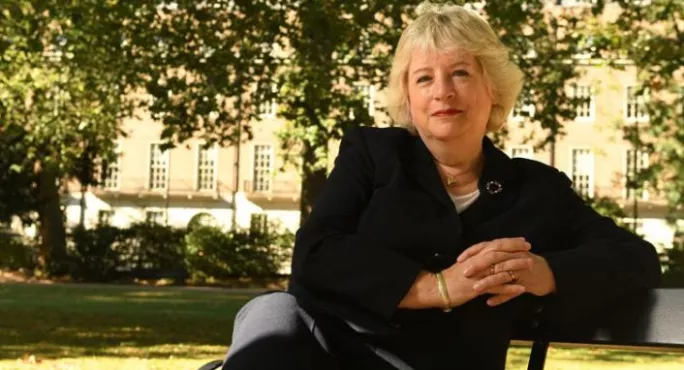The head of the Chartered College of Teaching has backtracked on a claim that a key theory underpinning part of Ofsted’s new school inspection framework is not based on research with school-aged children.
The watchdog last week published an overview of the research base for its plans to overhaul the way that it inspects schools.
It cites the contribution of cognitive load theory (CLT) to learning science, but Dame Alison Peacock, the head of the Chartered College, last week told Tes that the theory “is not research based on school-age children”.
John Sweller, a professor of educational psychology at the University of New South Wales who first researched CLT, told Tes that he had read the comments “with considerable distress”.
He said: “The theory rests on hundreds of randomised controlled trials mostly carried out in primary and secondary classes around the world using school-based curricula in a vast range of areas from language-based content to mathematics to music.”
He added that the theory is intended to be used by bodies such as Ofsted.
Now, a spokesperson for the college has said “we want to clarify that we do recognise CLT has been researched in the context of school-aged children”.
However, he added that the college stands by its wider concerns that in places Ofsted was citing CLT research that was based on undergraduates to underpin its decisions affecting school-aged children.
A college spokesperson said: “Alison’s thoughts were given over the phone, and her aim was to highlight the Chartered College’s two main issues - relating to the narrow definition of learning and the lack of school-aged research selected by Ofsted in parts of their framework - separately.”
Dame Alison is due to meet Daniel Muijs, the head of research at Ofsted, “very soon” to discuss the inspection framework.
An Ofsted spokesperson said: “We have based our proposals on a range of evidence from a thorough review of the academic research on educational effectiveness, the learning sciences, and our own curriculum research and inspection experience over many years.
“When it takes effect in September, the education inspection framework will be the most evidence-based, research-informed and tested framework in our 26-year history.
“Cognitive science is an important part of this evidence, and its findings are drawn from work with children and learners of all ages.
“Our draft school inspection handbook remains out to consultation until 5 April, and we welcome all responses.”




